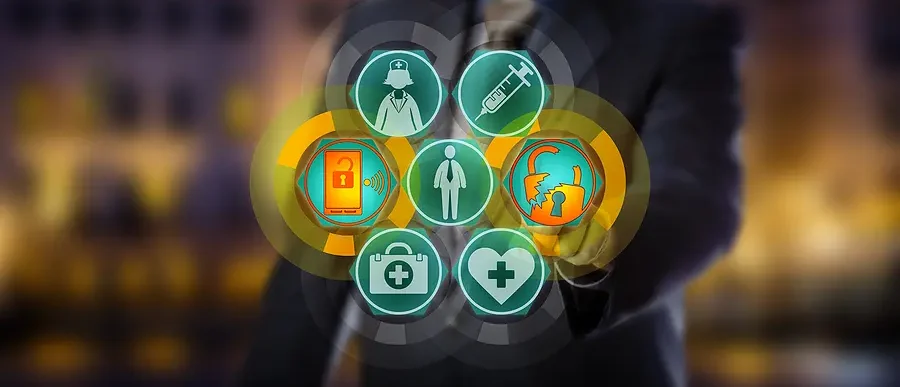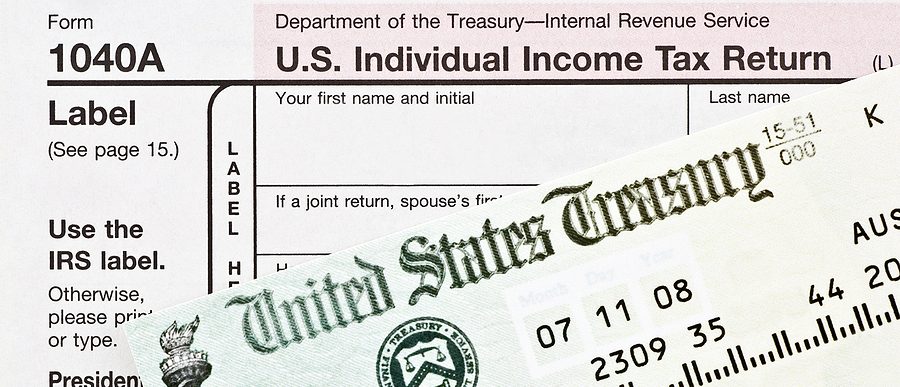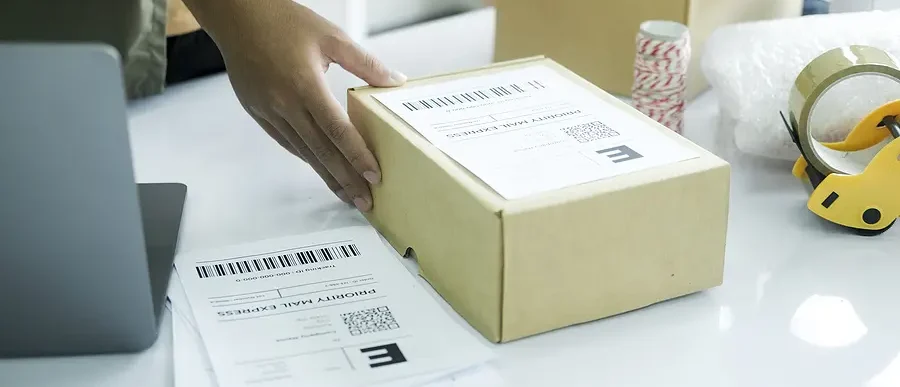
Even with electronic bill pay, you may find yourself with stacks of old bills and other financial documents. As you dive into the mountain of paperwork, you will need to know what to keep and what to shred. Creating a quick, but organized document retention process will keep your bills from piling up in the future. Below is a guide for how long you should keep bills and other financial documents before shredding.
Retention Guidelines for Bills and Other Similar Documents
Monthly Bills
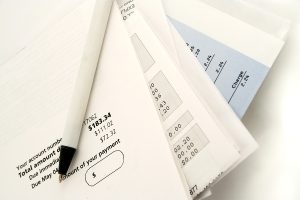
Utility, cable, phone, and other monthly bills do not need to be saved for a specific amount of time. Once you have verified that your bill is correct and paid the outstanding balance, these bills can be shredded immediately. However, if you plan to deduct any of these costs on your tax return, you should save the bills with the applicable return.
Monthly Account Statements
Monthly account statements should be retained until you receive the year-end statement. Once you have checked the year-end balance with the monthly statements to verify accuracy, monthly statements can be shredded.
Year-End Account Statements
Year-end account statements for investments should be retained for as long as you have the investment or as long as they are needed to support your tax return.
Credit Card Statements
Once you have verified that your charges are correct, you can shred credit card statements. If you made any deductible purchases, you will need to hold the statement for your tax return.
Medical Bills
Medical bills should be saved until you know the claim has been paid by your health insurance company and/or your payment has cleared.
Loan Paperwork
All loan paperwork should be retained as long as you are paying the loan. When the loan is paid off, your lender will give you a payoff statement. Payoff statements should be kept indefinitely for your records.
Tax-Related Documents
The IRS recommends saving tax returns and related documents for seven years. Related documents include evidence for any items you have claimed as deductions, charitable contributions, mortgage interest payments, retirement plan contributions, and receipts for alimony payments.
E-document Guidelines
Electronic bills and statements should be retained for the same period as their physical counterparts. We recommend using an external hard drive or cloud backup service to make sure that your documents aren’t lost in the event of a device failure or loss. When your device is no longer in use, electronics destruction will safely dispose of any financial information you have saved to your hard drive.
Document Shredding
Bills and other financial documents should never be thrown directly in the trash or recycling bin. Thieves can gain access to your identity, money, and medical information with the data provided on a bill. Professional shredding is the safest disposal option. Mobile shredding services can come directly to your home or office to shred your documents onsite. It is an ideal service for low-volume shredding needs.
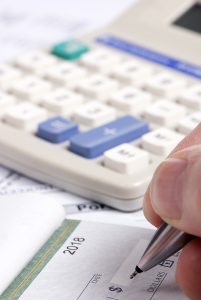
Safely Shred Your Bills with Shred Nations
Schedule a mobile shred truck to visit your location today. We partner with reliable shredding providers across the country to keep your information safe. Call us at (800) 747-3365 or fill out the form to connect with providers near you. We will send you free, competitive price quotes in just minutes.







